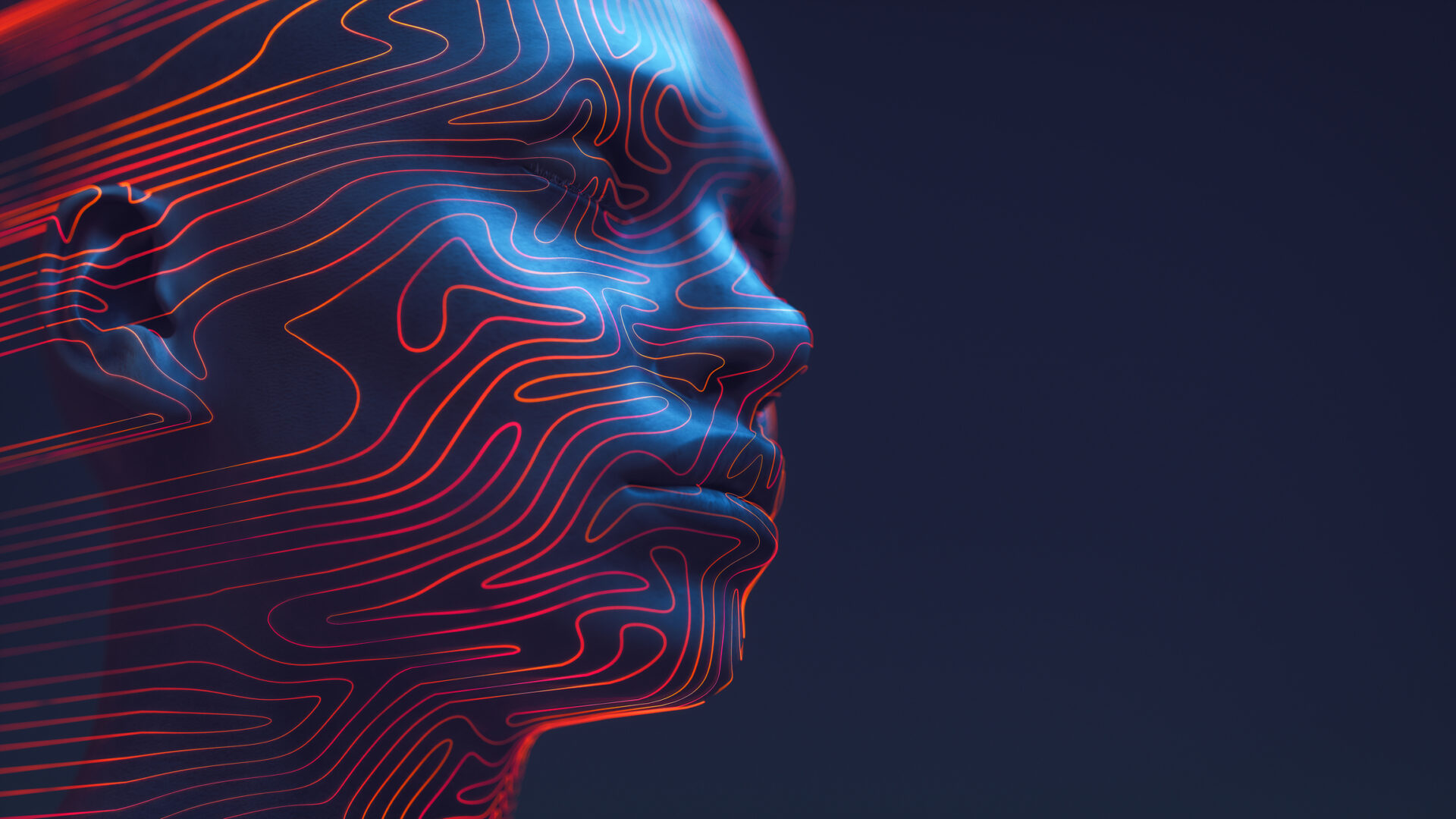Hidden Risks of AI in Healthcare & Medical Industries: Without AI Literacy, We’re All at Risk

AI has been quite a tool for healthcare, assisting in diagnostics, automating administrative tasks, and even predicting patient outcomes. However, hidden risks still exist that you may not know about. These can jeopardize patient safety, data security, and ethical decision-making.
- AI is dependent on historical data, which may include biases. This can lead to discrepancies in diagnoses, treatments, and even patient outcomes. Therefore, if you are using an AI model for your practice, ensure that it is adequately monitored.
- AI is also used for handling large amounts of critical patient data, and without using strict security measures, your practice is likely to become a prime target of cyberattacks and data breaches.
- If you’re using AI for diagnoses, what if it leads to a misdiagnosis or harm? And then, who is responsible for the unfortunate occurrence? Is it the AI developer, you, or the hospital?
It’s important to remember that AI is just a tool, not a replacement for human expertise. While automation can be excellent, relying too much on it can lead to disastrous consequences.
To benefit from AI efficiently while mitigating its risks, healthcare professionals must fully understand and develop AI literacy – understanding how it works, how it can go wrong, and how it can safely be integrated into medical practice.
The question is: Are you prepared to navigate the future of AI in healthcare?

